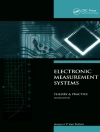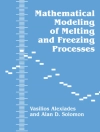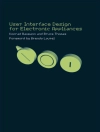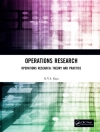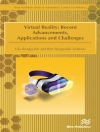This book investigates the experiences and issues involved with extension systems in post-conflict settings; evaluates the impact of different extension policy approaches and practice in such settings; and identifies the key elements needed to effectively rebuild agricultural extension systems and programs in post-conflict contexts. The chapters contain country-specific case studies that provide a descriptive account but also analyze strategies, successes and failures, and lessons learned. A synthesis chapter provides comparative analysis of insights across post-conflict settings. Overall, the book serves as a collective volume for use by governments, practitioners, and academics in extension policy-making and programming, and contributes to post-conflict, political science, and agricultural extension literature.
Über den Autor
– Dr. Paul Mc Namara currently serves as an Associate Professor in the Department of Agricultural Economics at the University of Illinois at Urbana-Champaign after beginning his career at the University with an appointment as an extension specialist. In his current role, Dr. Mc Namara uses tools from consumer economics and health economics to help consumers, communities, and public-policy makers enhance the welfare of health-care consumers. Other work and research has focused on the economics of agricultural development in a range of countries. Dr. Mc Namara also serves at the Project Director for the USAID-funded Modernizing Extension and Advisory Services (MEAS) project, which works with country governments to strengthen extension systems and services to farmers. Through MEAS, Dr. Mc Namara has overseen numerous capacity building exercises, field-level extension programs, and extension-related research. Dr. Mc Namara received his Ph D from the University of Minnesota, MPP from the Kennedy School at Harvard University, and his BA from Wheaton College.




